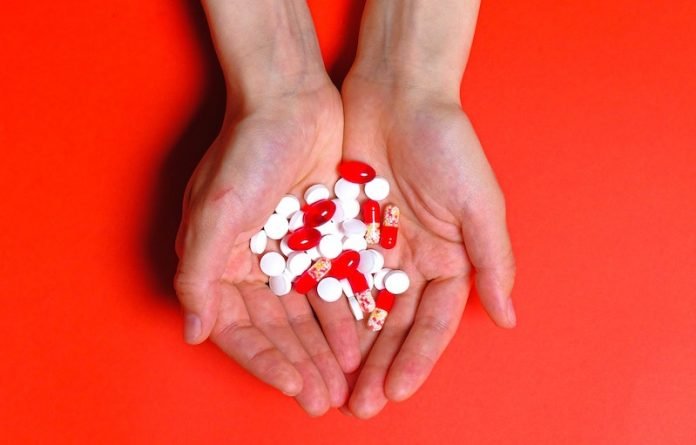
In a recent study from UCL, researchers found new drug combinations with the potential to treat severe cases of COVID-19 infection at different stages of the disease.
The findings could help lower the number of COVID-19-related deaths and reduce the strain on healthcare systems.
Although vaccines and treatments for COVID-19 now exist, additional effective and affordable treatments are still urgently required.
Cases of SARS-CoV-2 infection are still highly likely to occur, particularly when new variants arise.
Therapeutic development for COVID-19 is complicated by the need to consider different stages of the disease.
Early symptoms are typically triggered by viral replication, while later and more severe disease is caused by the over-reaction of the body’s own immune defenses.
In the study, the team tested the potential impact of interfering with different aspects of SARS-CoV-2 infection and the body’s responses to the virus.
Results have identified existing therapeutics that might be suitable for treating COVID-19 patients.
The study focused on two key stages—viral replication following initial infection (before severe symptoms emerge) and late-stage immune-driven disease, which is typically more severe.
The research team found a range of drugs, already licensed or in late development, that target processes thought to be important at these two stages.
Their computer model provided insights into impacts on virus replication and host responses, and the likely net effect in relation to both treatments of disease and safety.
For example, the combination of two drugs, Camostat and Apilimod, was predicted to have a particularly big impact on virus replication.
This strong antiviral effect was confirmed using live SARS-CoV-2 cell culture assays.
The study also identified cellular responses, such as the levels of certain cytokines, that correlated with mild, early-severe, and late-severe disease.
These could have an important role as biomarkers to guide the use of therapeutics at the most appropriate time.
If you care about COVID, please read studies about how dangerous is BA.2, the new COVID-19 variant, and Pfizer vaccine can successfully treat COVID-19.
For more information about COVID, please see recent studies about the cause of persistent breathlessness after COVID-19, and results showing this monitor at home can help you detect COVID-19 early.
The research is published in npj Digital Medicine and was conducted by Professor Jasmin Fisher et al.
Copyright © 2022 Knowridge Science Report. All rights reserved.



